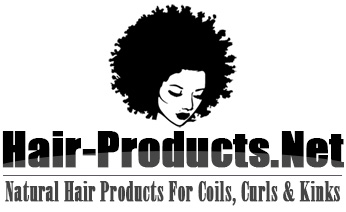Taking care of your 4C hair is definitely a commitment. We’re here to tell you all about 4C hair and how to best take care of it. Regardless of how old you are, if you haven’t embraced your 4C hair yet, you might not know how to take care of it.
Fortunately, in the modern day and age, you have the internet and social media to guide you. You can look up dozens of tips and advice online. There are multiple reviews for all hair products on the market to help you figure out the best option for you.
Type 1 hair is the straightest. Types 2, 3, and 4 are each divided into A, B, and C. 4C hair is the kinkiest hair and the one with the tightest coils.
All About 4C Hair and its Health
There are some signs that can help you determine whether your hair is healthy. The first is porosity. Your hair’s ability to retain moisture will speak volumes about its health. Porosity is your hair’s ability to absorb moisture. Healthier hair will absorb and retain moisture better than unhealthy hair. A practical test to determine your hair’s porosity is to place a single strand of hair in water. If the strand sinks to the bottom, then it’s absorbing water and has high porosity. Hair that floats on the surface is incapable of absorbing moisture and has low porosity.
Hair elasticity is another aspect of importance. When hair can absorb moisture, it will have high elasticity. Stretch a strand of your hair between both hands then release one hand. If the hair regains its original shape and coil, then it has high elasticity and is healthy. Alternatively, if the strand takes a long time to return to its original shape, it has low elasticity.
Strong hair will not experience knots and breakage. When your hair is healthy, it will maintain its shape throughout its entire length. Weak or damaged hair will be prone to breakage and becoming tangled. Try to get your hair trimmed two to three times each year to get rid of split ends and prevent knots.
When choosing hair products for your 4C hair, prioritize those with oils. 4C hair loves all kinds of oils including shea butter, almond oil, coconut oil, argan oil, and jojoba oil. Oil should also be applied to your scalp once or twice each week. On the flip side, avoid all products containing sulfates and isopropyl alcohol. Both will damage your hair and make it prone to knots, breakage, and excessive dryness.
Finding the best 4C hair routine will take a few trials. You can find all about 4C hair online and about the available products through reviews. Ultimately, only you can find what’s best for you. Two people having the same type of hair might not necessarily feel satisfied using the same products. Once you find a regimen that works for you, your outlook on your hair and styling it will change.






